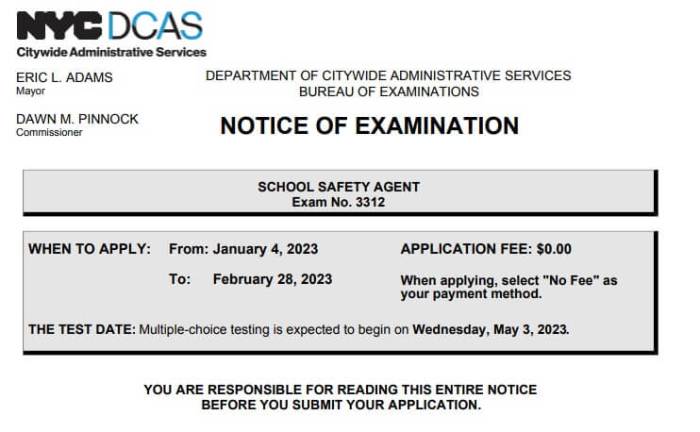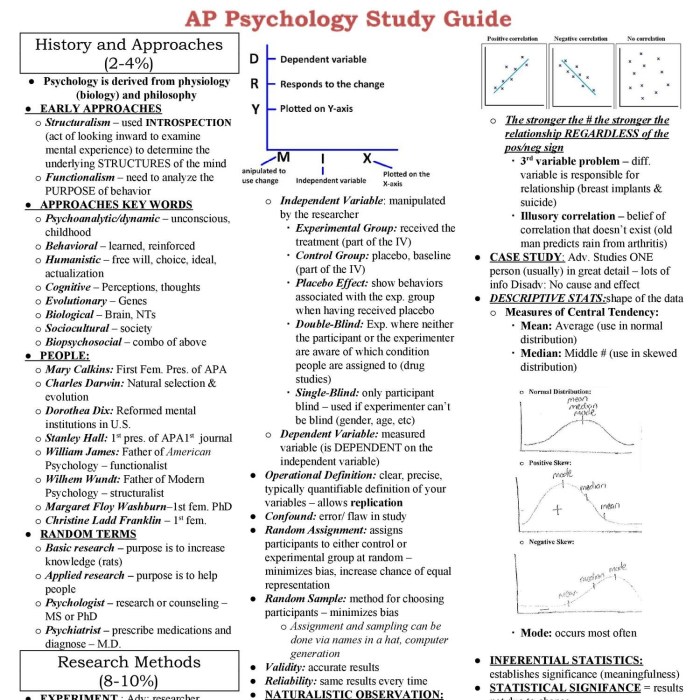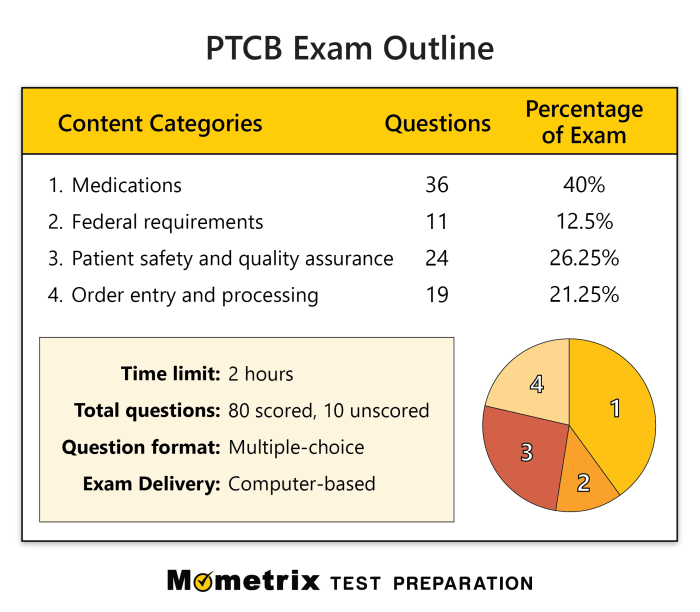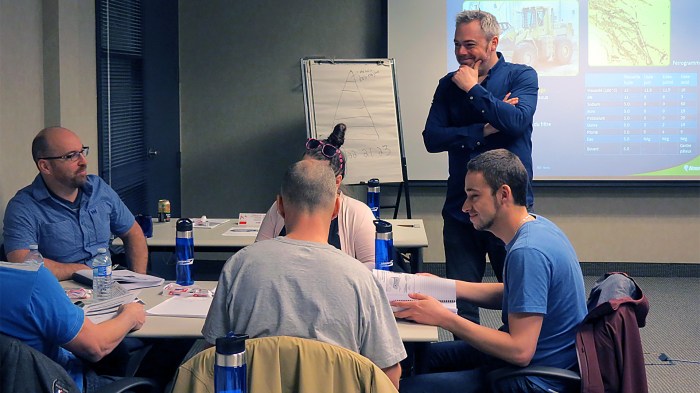Embark on a journey to success with the NYC Oiler Exam Study Guide. This comprehensive guide will equip you with the knowledge and strategies you need to ace the exam and embark on a rewarding career as an oiler.
Delve into the intricacies of boiler systems, master fuel combustion, and stay abreast of safety regulations. With our expert guidance, you’ll gain a thorough understanding of the exam’s format, eligibility criteria, and application process.
NYC Oiler Exam Overview

The NYC Oiler exam is a competitive examination designed to assess candidates’ knowledge and skills for the position of Oiler in the New York City Department of Education (NYCDOE). Passing the exam is a crucial step in securing employment as an Oiler within the NYCDOE.The
exam format consists of multiple-choice questions covering various aspects of the Oiler role. Candidates are given a time limit to complete the exam, which typically includes sections on general knowledge, mechanical aptitude, and safety procedures. The number of questions and specific time limit may vary depending on the version of the exam.To
be eligible for the NYC Oiler exam, candidates must meet certain requirements, such as having a high school diploma or equivalent and relevant work experience in the field. The application process typically involves submitting an online application and meeting any additional requirements as Artikeld by the NYCDOE.
Practice Questions and Answers: Nyc Oiler Exam Study Guide

Practice questions and answers are an essential part of preparing for the NYC Oiler Exam. They allow you to test your knowledge, identify areas where you need additional study, and build your confidence.
The following questions cover all sections of the study guide and provide detailed answer explanations to help you understand the concepts tested. They include a variety of question types, including multiple choice, true/false, and short answer.
Multiple Choice, Nyc oiler exam study guide
- Which of the following is NOT a responsibility of an oiler?
- Lubricating machinery
- Monitoring equipment for leaks
- Operating heavy machinery
- Performing minor repairs
Answer:c. Operating heavy machinery
- What is the purpose of a sight glass on an oil reservoir?
- To indicate the oil level
- To prevent oil leaks
- To regulate oil flow
- To lubricate moving parts
Answer:a. To indicate the oil level
- Which of the following is a type of lubricant?
- Oil
- Grease
- Wax
- Water
Answer:a. Oil and b. Grease
True/False
- All oils are created equal.
Answer:False
- Over-lubricating machinery can be harmful.
Answer:True
- Oil filters should be changed regularly.
Answer:True
To ace your NYC Oiler exam, it’s crucial to have a comprehensive study guide. While you’re studying, don’t forget to take a break and relax at the Lenore Pool & Tennis Club . It’s a great place to unwind and recharge before getting back to your study materials and crushing that exam.
Short Answer
- Describe the difference between an oiler and a mechanic.
Answer:Oilers are responsible for lubricating machinery and performing minor repairs, while mechanics are responsible for diagnosing and repairing more complex mechanical issues.
- What are the three main types of lubrication systems?
Answer:Manual, semi-automatic, and automatic
- What are the symptoms of a clogged oil filter?
Answer:Increased oil pressure, decreased oil flow, and reduced engine performance
Study Strategies and Tips

To excel in the NYC Oiler exam, it is crucial to adopt effective study strategies. Here are some valuable tips to help you prepare efficiently:
Time Management
* Plan a study schedule that accommodates your availability and allows for regular study sessions.
- Break down the vast syllabus into smaller, manageable chunks to avoid feeling overwhelmed.
- Prioritize topics based on their weightage in the exam and allocate more time to challenging areas.
Note-Taking
* Develop a comprehensive note-taking system that suits your learning style.
- Use flashcards, highlighters, or digital note-taking apps to condense information and improve recall.
- Review your notes regularly to reinforce concepts and identify areas that require further attention.
Memorization Techniques
* Utilize memory tricks like mnemonics, acronyms, or visual aids to enhance memorization.
- Engage in active recall by testing yourself on the material regularly.
- Practice writing out key concepts and formulas to improve your understanding and retention.
Practice Questions and Additional Resources
* Solve numerous practice questions to familiarize yourself with the exam format and question types.
- Utilize online resources, study guides, and textbooks to supplement your preparation.
- Seek guidance from experienced professionals or mentors to gain valuable insights and clarify doubts.
Additional Resources

In addition to the study materials Artikeld above, there are numerous resources available to enhance your preparation for the NYC Oiler Exam.
To supplement your knowledge and skills, consider exploring the following resources:
Books
- Oilers and Greasers Handbookby Paul Richards
- Power Plant Oiler’s Handbookby Mohammad A. Malek
- Audel Power Plant Oiler’s Guideby Paul A. Lynn
Websites
- NYC Department of Citywide Administrative Services (DCAS) Oiler Exam Page
- DCAS Study Guides
- Oilers and Greasers Magazine
Online Courses
- Power Plant Operator Specialization by Coursera
- Power Plant Operator Training by Ed2Go
- Power Plant Operator Courses by Udemy
Professional Organizations
FAQ Overview
What is the purpose of the NYC Oiler Exam?
The NYC Oiler Exam certifies individuals to operate and maintain boilers and steam systems safely and efficiently.
What are the eligibility requirements for the exam?
To be eligible, candidates must have at least six months of experience operating or maintaining boilers.
How long is the exam?
The exam consists of 100 multiple-choice questions and has a time limit of three hours.
What is the passing score for the exam?
Candidates must score at least 70% to pass the exam.

